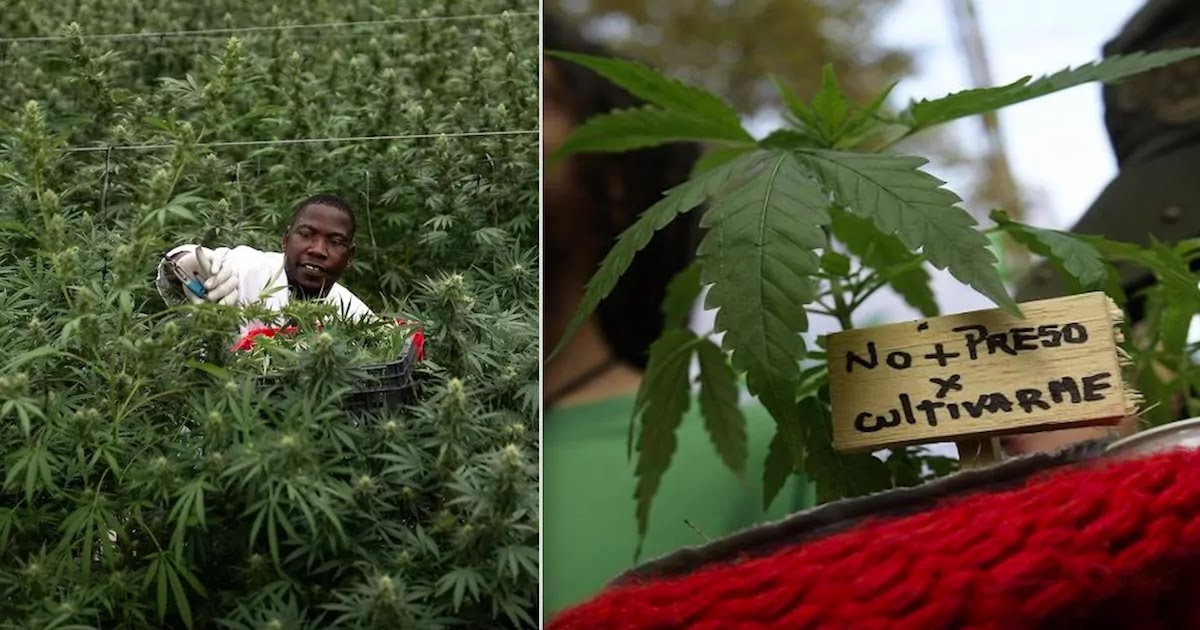
The U.N. Commission on Narcotic Drugs has voted to remove marijuana from its list of most dangerous substances, known as 'Schedule IV' drugs. Schedule IV substances include drugs such as heroin and cocaine and are defined as those drugs that are "highly addictive and highly liable for abuse" or "particularly harmful and of extremely limited medical or therapeutic value."
The vote came after the World Health Organisation (WHO) recommended over 2 years ago that the classification of marijuana should be downgraded, saying:
"The inclusion of cannabis and cannabis resin in Schedule IV is not consistent with the criteria for a drug to be placed in Schedule IV."
The reduction in the scheduling of marijuana is largely based on evidence seen by the committee that showed that the drug has therapeutic effects and can be used in the treatment of a number of physical and mental health-conditions. This includes the treatment of cancer-patients for side-effects related to chemotherapy.
It is now hoped that due to the rescheduling, it will allow medical authorities all over the world greater freedom to research how the drug can be best used in medical settings. This does not mean however that the punishment for trafficking or using marijuana will change in any meaningful way. This is firstly because punishments for marijuana-trafficking and use are determined by individual governments and secondly because this rescheduling in no way makes the drug 'legal'.
Conor O'Brien, of the global industry analyst group Prohibition Partners, said of the decision by the U.N.:
"One of the original reasons for the WHO making these recommendations were to open up the path to research and medical product development. Today's results will hopefully encourage much activity in this field which will in the future enable further liberalization of cannabis and patient access."
At the 2020 elections, the state of Oregon in the United States voted to decriminalise the use of a whole range of drugs, including cocaine, heroin and methamphetamine, in order to focus more upon drug rehabilitation. In Oregon, dealing in these drugs remains a criminal offence just as it is across the rest of the United States. Their decision follows on from actions taken by governments in countries such as Portugal, that have also decriminalised drugs, and which has resulted in a downturn in overdoses and new addicts.
















COMMENTS